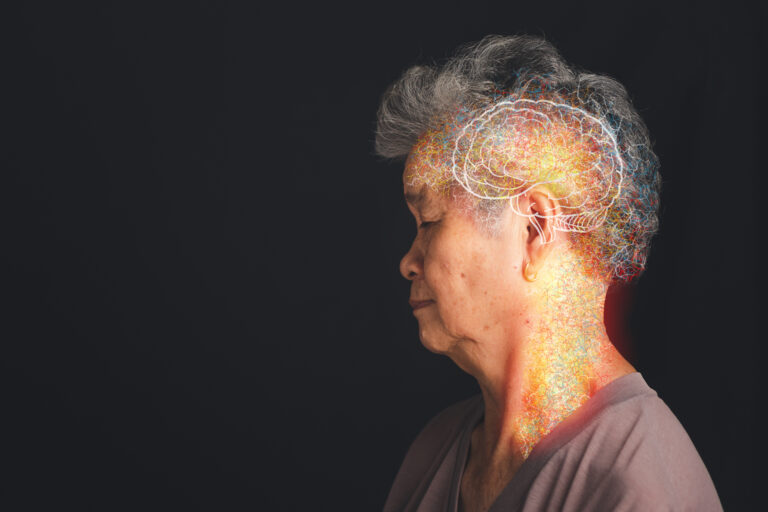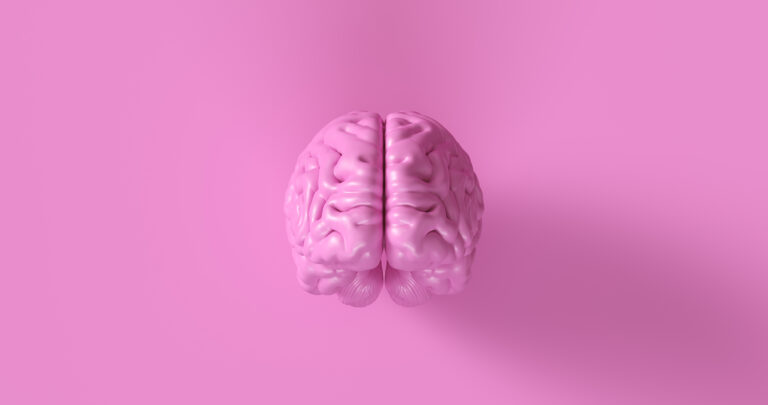Orthographic processing is the ability to recognize and understand written words and their corresponding sounds. It is a critical aspect of reading and language comprehension that allows us to make sense of the words we see on a page. However, for individuals with Alzheimer’s disease, this process can become impaired, leading to difficulties in reading and understanding written language.
Alzheimer’s disease is a progressive brain disorder that affects memory, thinking, and behavior. As the disease progresses, it can also impact other cognitive functions, including language and reading abilities. While previous research has focused on the decline of semantic processing (the ability to understand the meaning of words) in Alzheimer’s disease, recent studies have also started to explore its effects on orthographic processing.
Studies have found that individuals with Alzheimer’s disease may experience difficulties in recognizing and understanding written words. This is due to the fact that the disease primarily affects the brain’s temporal lobe, which is responsible for language and memory. As a result, individuals with Alzheimer’s may struggle with word retrieval and have difficulty recognizing familiar words.
Orthographic processing in Alzheimer’s disease can also be affected by other cognitive impairments such as working memory deficits. Working memory is responsible for holding and manipulating information for short periods of time. When this function is impaired, individuals may have difficulty retaining and processing information, including written words.
In addition to these cognitive impairments, changes in the brain’s structure and function can also contribute to difficulties in orthographic processing in Alzheimer’s disease. The brain undergoes significant changes in its structure as the disease progresses, particularly in areas responsible for language and visual processing. These changes can disrupt the neural pathways involved in orthographic processing, leading to difficulties in recognizing and understanding written words.
One specific area of the brain that has been found to be affected in individuals with Alzheimer’s disease is the fusiform gyrus. This area is responsible for visual word recognition and has been shown to be less active in individuals with Alzheimer’s disease compared to those without the disease. This could explain why individuals with Alzheimer’s may have trouble recognizing words and may rely more on other cues such as context or sound.
The effects of impaired orthographic processing in Alzheimer’s disease can be seen not only in reading but also in writing abilities. As the disease progresses, individuals may have difficulty spelling and forming coherent sentences. This can be frustrating for both the individual and their loved ones, as communication becomes increasingly difficult.
Furthermore, the decline in orthographic processing can also have a negative impact on quality of life. Reading and writing are essential skills that allow us to stay connected, learn new information, and perform daily tasks. When these abilities are affected by Alzheimer’s disease, individuals may feel isolated, frustrated, and struggle with their sense of self.
While there is currently no cure for Alzheimer’s disease, there are strategies that can help individuals cope with difficulties in orthographic processing. One approach is to use memory aids such as written notes, calendars, and reminders to help with word retrieval and organization. Another strategy is to focus on the use of context and visual cues to supplement word recognition.
It is also important for caregivers and loved ones to be patient and understanding when communicating with someone who has Alzheimer’s disease. Simple adjustments such as speaking slowly, using short and simple sentences, and avoiding distractions can make a significant difference in improving communication.
In conclusion, orthographic processing plays a crucial role in reading and language comprehension. Its impairment in Alzheimer’s disease can lead to difficulties in recognizing and understanding written words, as well as impacting writing abilities. While there is no cure for the disease, understanding the effects of impaired orthographic processing can help us develop effective strategies to support individuals with Alzheimer’s and improve their quality of life.





